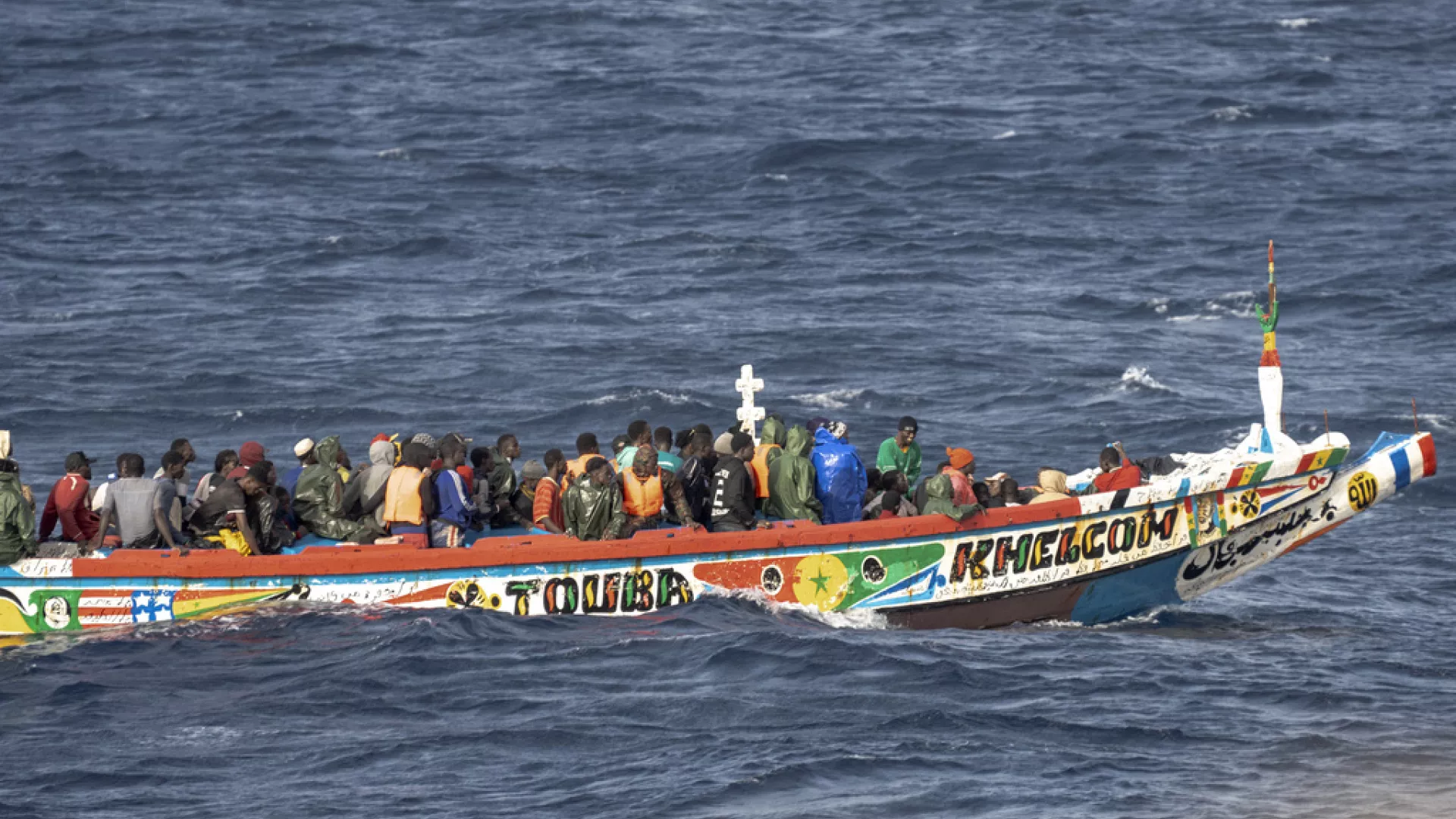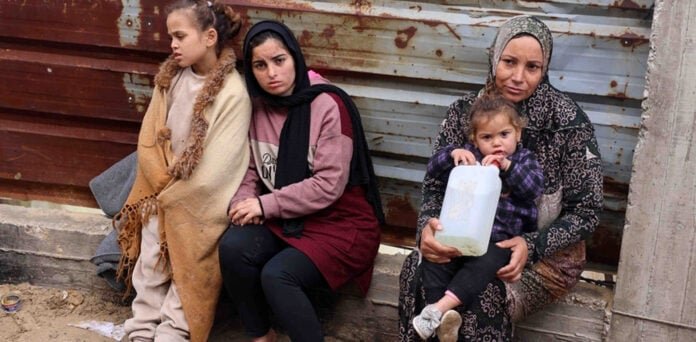
According to a report by the Spanish migration rights group Caminando Fronteras, 10,457 migrants lost their lives at sea in 2024 while trying to reach Spain, marking a 58% increase in deaths compared to the previous year.
Out of the reported deaths, 9,757 occurred along the perilous Atlantic route, which is considered one of the most dangerous migration paths in the world. This route sees thousands of migrants depart from countries in West Africa, including Mauritania, for the Canary Islands, a Spanish archipelago close to the African coast, which has become a major gateway to Europe. Additionally, the Mediterranean route accounted for 700 of the reported deaths.
Caminando Fronteras compiles its data from testimonies of migrant families and official rescue statistics. Among the deceased, 1,538 were children and 421 were women. The months of April and May were found to be the deadliest of the year. The report also noted a significant rise in boats leaving from Mauritania, which has become the main departure point for migrants traveling to the Canary Islands.
In response to the growing crisis, Spain pledged €210 million in aid to Mauritania in February to combat human trafficking and reduce the number of boats setting off from the country.
Spain’s interior ministry reported that by mid-December 2024, over 57,700 migrants had arrived in the country by sea, a 12% increase compared to 2023. Most of these arrivals came via the Atlantic route.
However, there are challenges in accurately tracking migrant deaths, as Caminando Fronteras’ figures are considerably higher than those from other organizations like the Missing Migrants Project (MMP). While MMP recorded 979 missing migrants along the Atlantic route in 2024, its data collection methods differ from Caminando Fronteras, and both organizations face significant challenges in gathering complete information.
Caminando Fronteras highlighted that migrant families continue to face barriers when reporting incidents to authorities. MMP, which monitors missing migrants throughout the Mediterranean, acknowledged the difficulties of obtaining comprehensive data due to factors such as regional linguistic diversity and limited access to digital resources.




















